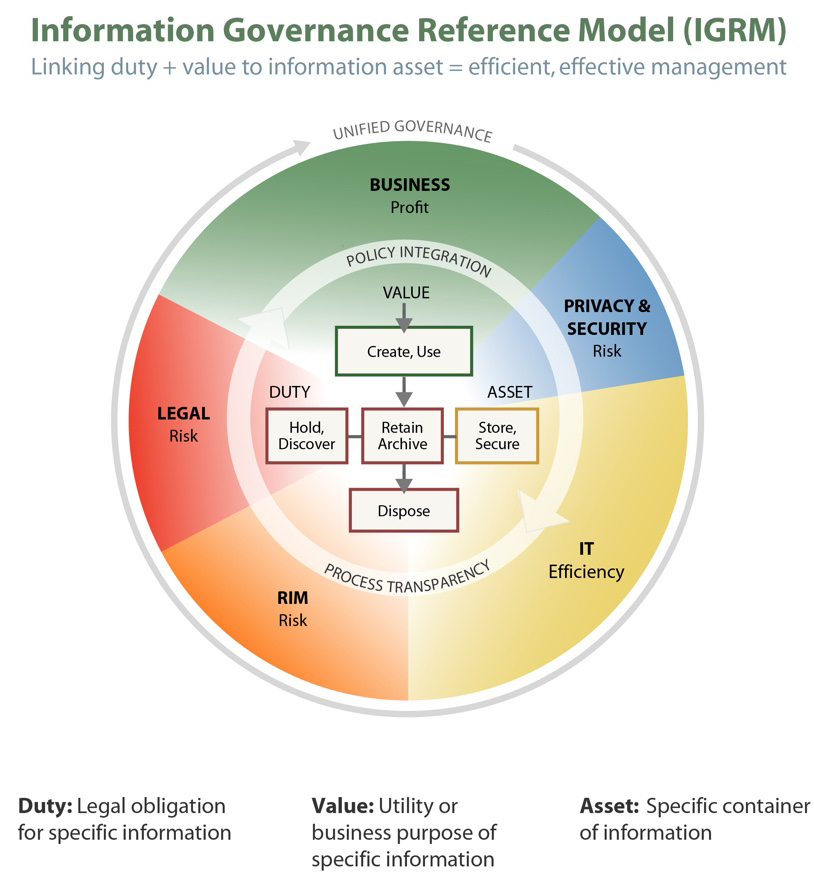A data map is an internal assessment performed by the company’s Subject Matter Experts (SME’s) in each department about the data that it has collected, why it’s being collected, the location where the data is stored, the format of the data, and with whom it has been shared (internally and externally with third-parties).
Although you will not find these words in the California privacy laws, a data inventory and/or data map is considered one of the first steps in preparing for compliance with the CCPA. If an organization is not aware of all of its data collection, processing, storage, and sharing, it will be difficult to accurately comply with the CCPA “data subject” request requirements.
Chorus Consulting experts are experienced in assisting organizations create a data map for each of their departments, listing the types of information saved within specialized applications, shared servers, desktop and laptop computers, email, shared document repositories, and hard-copy documents.

